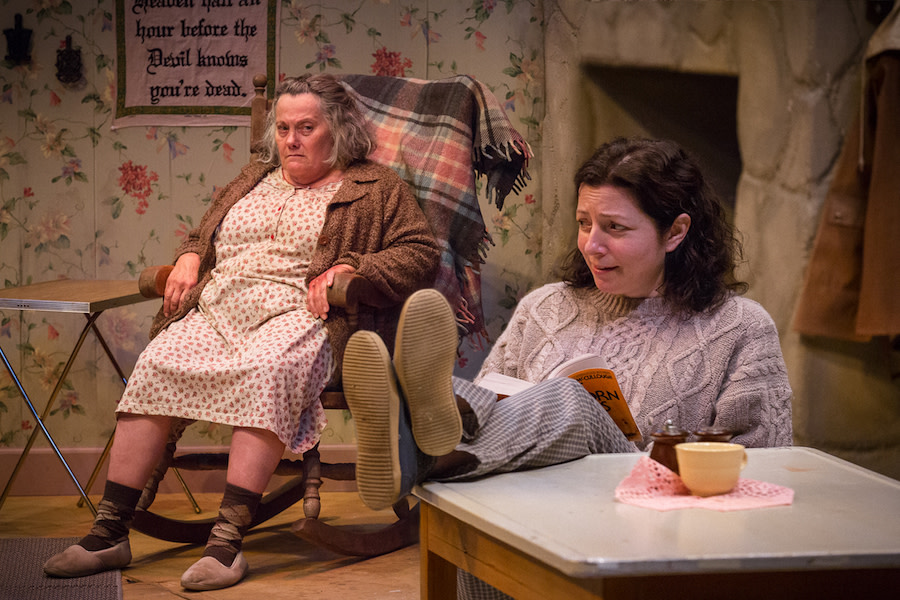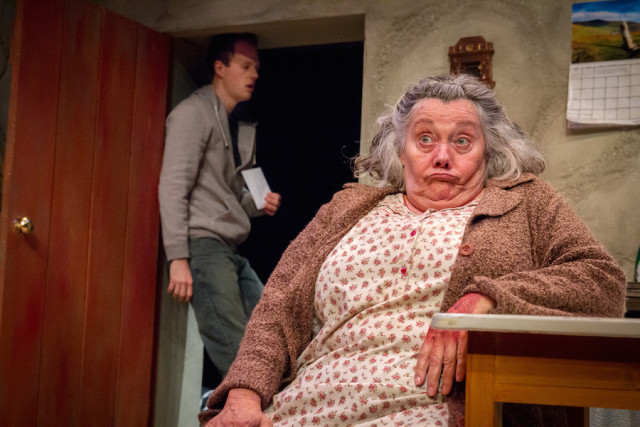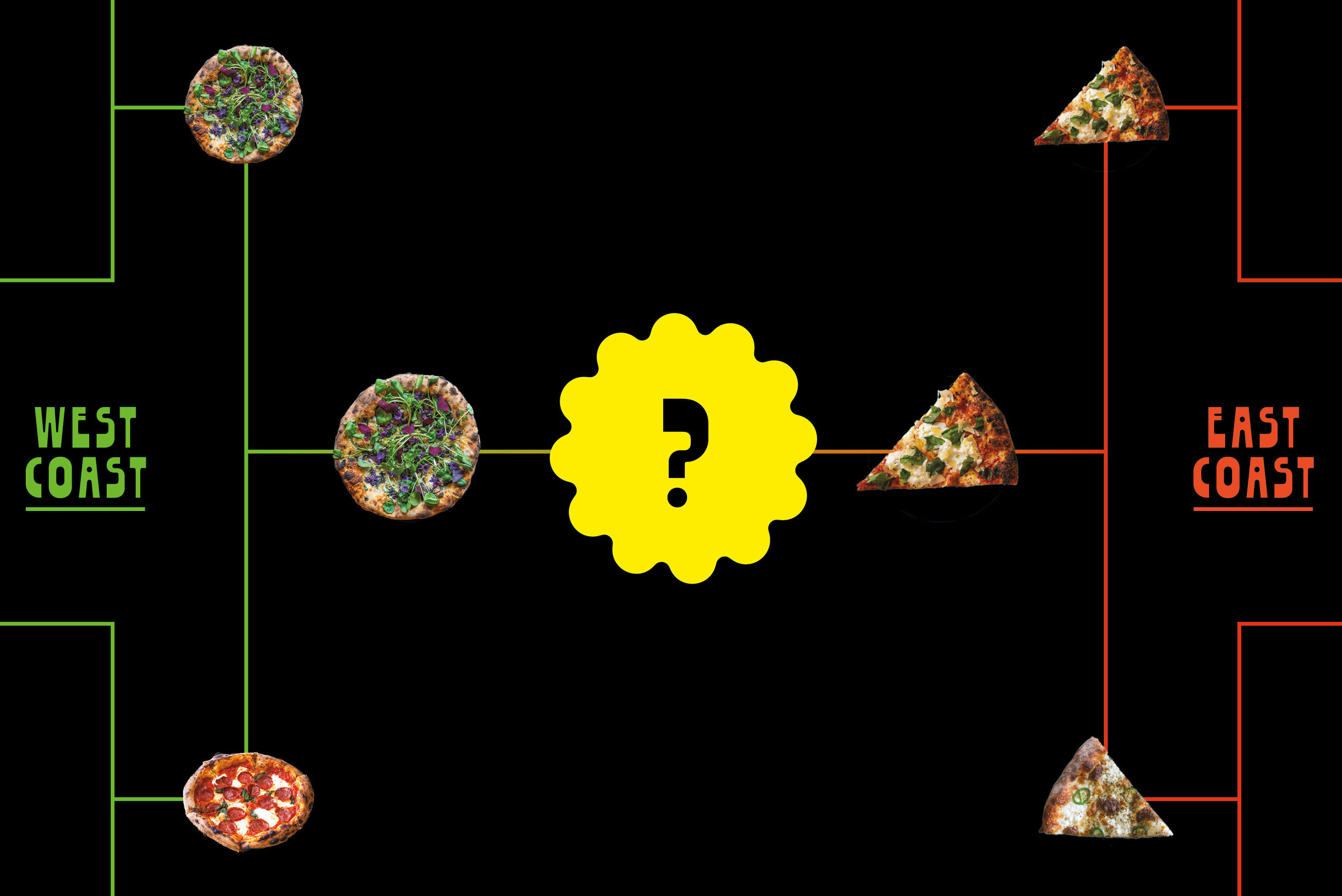Review: Third Rail’s The Beauty Queen of Leenane

Jayne Taini and Maureen Porter in The Beauty Queen of Leenane
Image: Owen Carey
Beauty Queen is part of the Leenane trilogy by celebrated Irish playwright and screenwriter Martin McDonagh. Third Rail and Director Scott Yarbrough have staged the other two plays before (Lonesome West and A Skull in Conemara), and their fluency with the material is evident in this confident production. (Read more about Beauty Queen's historic place in Irish theater in our preview of Portland theater’s Irish Spring.)’
The Beauty Queen of Leenane
Third Rail Repertory Theatre
Winningstad Theatre
Thru June 22
That’s not to say you’ll be enthralled right from the beginning, though, as it seems to take a few scenes for this play’s gears to really start turning. The peculiar style of dialogue utilizes lots of repeated phrases in Gaelic-inflected English, and the characters’ halting back-and-forth makes for an awkward energy when they’re just sitting around. But once the action begins and the stakes are clear, that awkwardness morphs into a tangible tension.
Viewers acquainted with McDonagh through his films In Bruges and Seven Psychopaths will be familiar with the disturbing way in which the writer can make audiences laugh in spite of, and yet simultaneously because of, the rapid unraveling of his characters’ physical and emotional well-being. That unique nail-biting humor is on full display here, especially during a memorable sequence in the second act involving the delivery of an important letter that must stay out of the conniving Mag’s hands. Equally on display is the violence towards which McDonagh tends to direct his plots.

The best facial expression ever, courtesy of Jayne Taini. Rolland Walsh stand in the background.
Image: Owen Carey
Fortunately, given the small cast, the acting is strong throughout. Maureen Porter lends an unnervingly spellbinding fragility to the play’s titular character, and Jayne Taini is just ever so slightly—and necessarily—pitiable in the role of Mag, a character who is otherwise detestable for the determined selfishness with which she slowly unravels the thin thread by which her daughter’s mental health hangs. Damon Kupper offers a strong presence and the strongest accent as Pato, and Rolland Walsh nearly steals the show as Pato’s unreliable and irreverent younger brother Ray.
For a play so shrouded in the uncertainties of psychosis, McDonagh’s script doesn’t ultimately leave much room for interpretation. Any nuance in the satisfyingly (if depressingly) symmetrical plot is quashed when one character bluntly and explicitly voices a conclusion that might have been more powerful left unsaid. This is probably par for the course when it comes to a playwright who has claimed that he can’t stand audiences analyzing his plays, but you can’t help but wish McDonagh would give his own writing a little breathing room.
Granted, these are largely simple characters with pedestrian goals and petty grievances, but that doesn’t diminish the play’s thematic resonance. Plenty of people feel trapped by family circumstance and weighed down by seemingly paltry concerns. A script like McDonagh’s, in talented hands like Third Rail’s, is as universal as the characters are limited.




